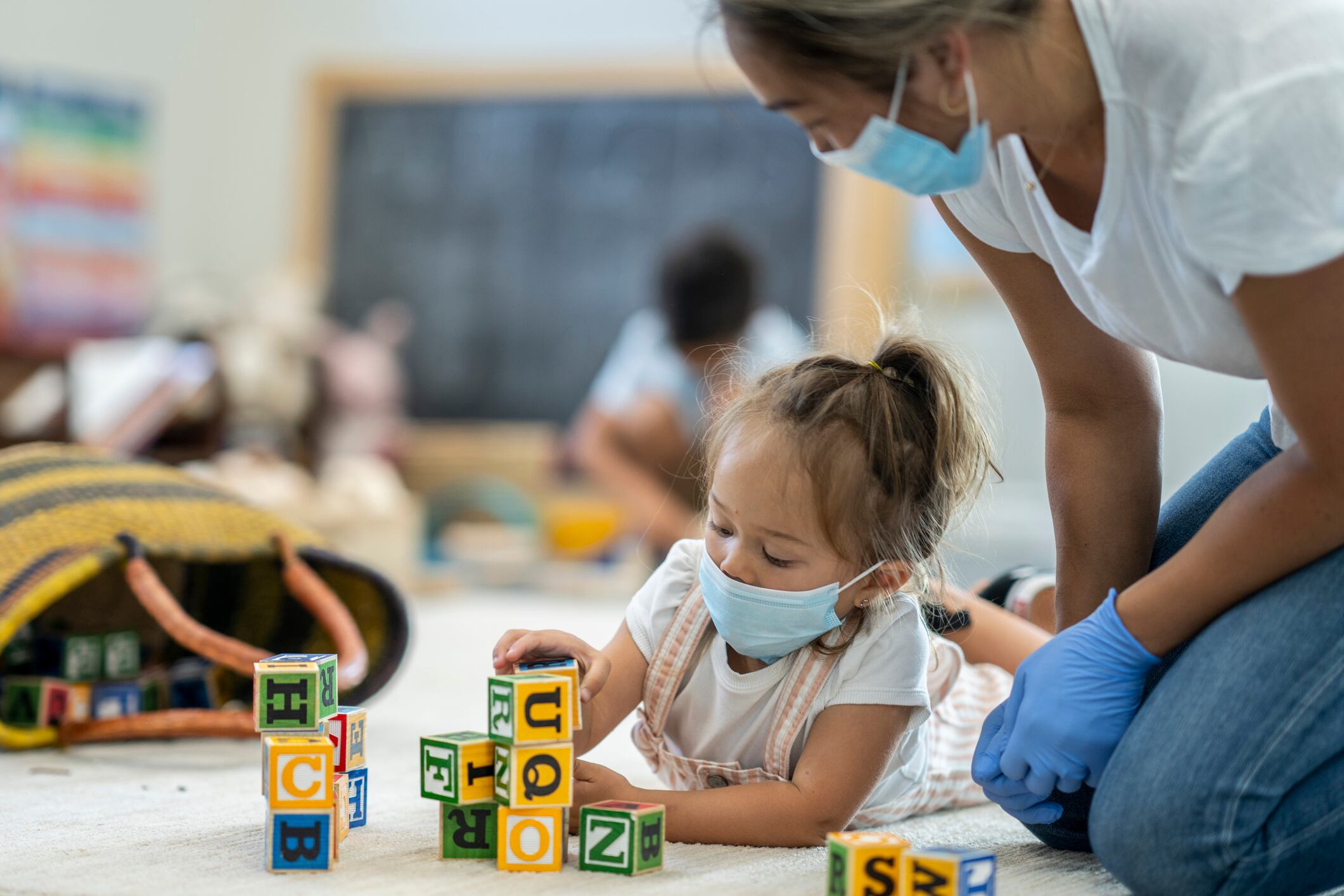Thousands of Colorado child care providers can receive grants of $1,000 or $3,000 under a new state program meant to help the child care sector survive the financial fallout of the COVID-19 pandemic.
The grant program, funded with $9 million in federal coronavirus relief money, will unfold in two rounds, with the first set of awards going out in late August or early September. The initial round will be open to most of the state’s 4,500 licensed child care providers that are currently operating. That includes providers who serve babies, toddlers, preschoolers, and school-aged children.
Providers who run overnight camps, and those who serve children exclusively through the federal Head Start program or the state’s public preschool program will not be eligible for first- or second-round grants. Both Head Start and the Colorado Preschool Program have continued to fully fund those seats through the pandemic.
There is no grant application for first-round grants, but providers must update their information in a state-run online registry to receive a grant. Providers whose programs can serve around 100 children or more will receive $3,000 grants, while those with fewer slots will receive $1,000 grants. The grant amount is based on providers’ capacity, not their current enrollment.
In addition to the money, grant recipients will be connected to their local business development center for training or other assistance. Erin Mewhinney, director of early care and learning at the Colorado Department of Human Services, said such centers are often the first to know details about paycheck protection loans and other resources that can help child care providers overcome financial woes.
The goal, she said, is “to create somewhat of a support system around these small businesses as much as we can.”
For the second round of grants, state officials will target a smaller number of providers who serve high-priority populations. These populations include children from low-income families, those with special needs, or those learning English.
State officials said second-round grants will likely go out starting in late September.
Clarification: An earlier version of this story omitted the fact that child care providers who serve children exclusively through the federal Head Start program or the state’s public preschool program are ineligible for first-round grants.






